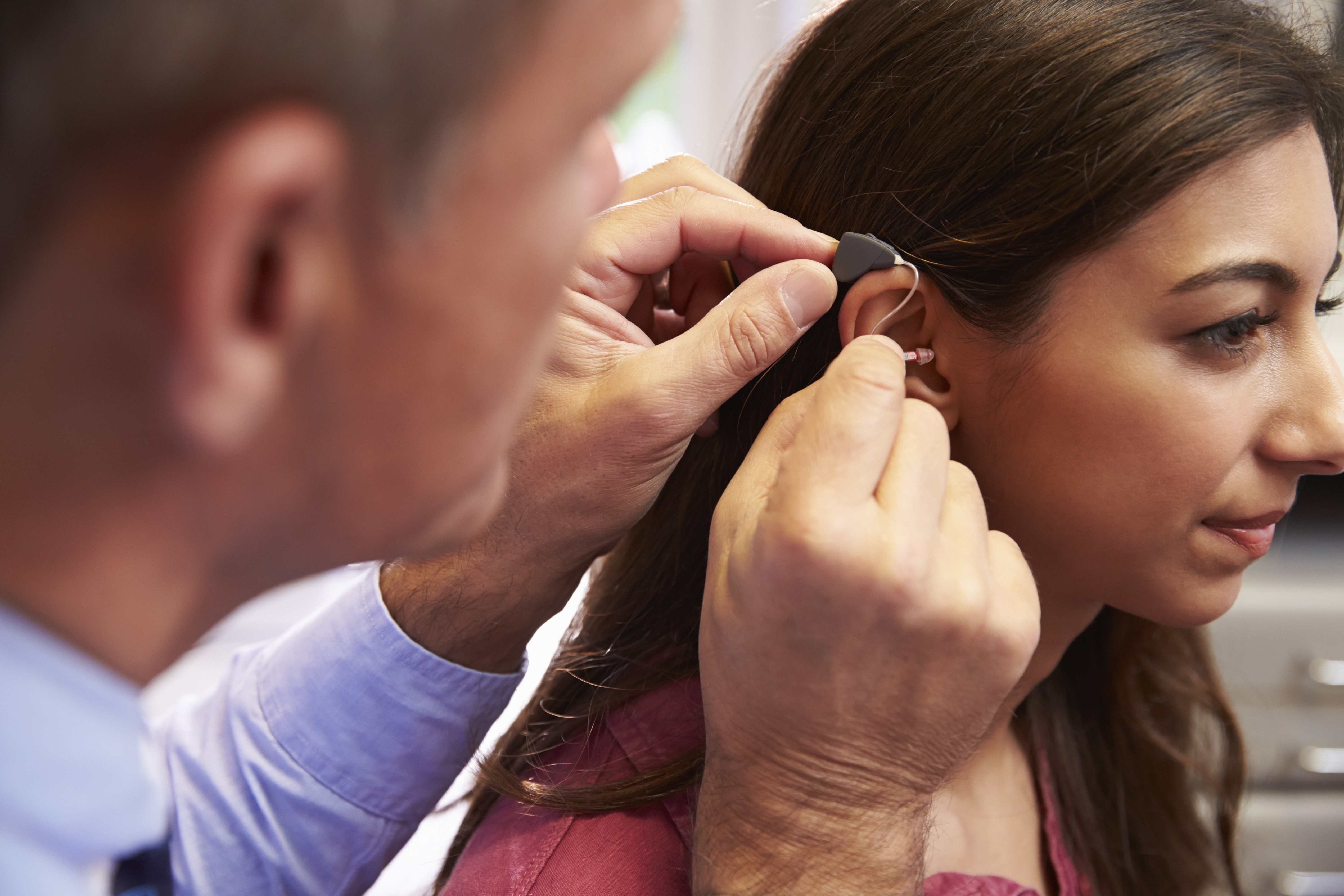
Congratulations—you’re set to join the millions of Americans who have discovered how using hearing aids can make life much more enjoyable and rewarding. Very soon, you’ll be hearing sounds you’ve long forgotten about, engaging in stimulating discussions, and listening to music with improved perceptiveness for each instrument.
But before you can get to all that, you’ll have to deal with a quick phase of adjustment to get comfortable with your new hearing aids. Here are five recommendations to to assist you to push through this stage and to help you get the most out of your new technology.
1. Visit a Hearing Care Professional
If you want the best hearing possible, there’s no way around the first step, which is contacting a hearing care professional. They can assist you in finding the most suitable hearing aid that matches your hearing loss, lifestyle, and financial position. And, most significantly, they can custom-fit and program your new hearing aid so that it’s fine tuned for your distinctive hearing loss.
Your hearing loss, like a fingerprint, is unique. That means every hearing aid should be programmed differently—and this calls for the expertise of a hearing care professional.
2. Give Your Hearing Aids a Chance
Your brand new hearing aids will take time to get used to. You’ll detect sounds you haven’t heard in a while, your voice may sound unusual, and sound may on the whole just seem “off.” This is completely ordinary: you just need time to adjust.
Get started by making a commitment to wear your hearing aids for as much of the day as possible, for a minimum of a couple of weeks. Put them in when you wake up and take them out before bed. Although it may be uncomfortable initially, you’ll get used to better hearing in no time—and it will be well worth the effort and hard work.
If you discover that you’re having difficulties adjusting, schedule a visit with your hearing care professional. Hearing aids can be fine-tuned, so you never have to throw in the towel on better hearing.
3. Start Small
We recommend adapting to your hearing aids initially in the comfort of your home. Attempt watching a movie or television show and paying special attention to the conversation; take part in one-on-one conversations in a quiet room; and listen to music while trying to pick out different instruments and pitches.
Next, when you’re more accustomed, you can try your hearing aids out in more challenging conditions like at social gatherings, restaurants, and movie theaters. Modern hearing aids have advanced features and environmental settings that can easily handle these increased listening demands—which segues nicely to the fourth tip.
4. Learn the Advanced Features
After you’ve adjusted to your hearing aids, you should start to learn a few of the more sophisticated features. With the assistance of your hearing specialist, you can learn how to take advantage of the functionality and convenience of your modern hearing aids.
Depending on your chosen model, you’ll have the ability to do things like wirelessly stream music and phone calls straight to your hearing aids, regulate the volume from your smart-phone or digital watch, and easily change settings to maximize your hearing in a variety of environments. Make sure to consult to your hearing specialist about all the features that might be helpful to you.
5. Maintain Your Hearing Aids
Finally, you’ll want to ensure that you safeguard your hearing aids. This means daily cleaning, appropriate storage, and managing your battery supply. Your hearing professional will help you combine hearing aid maintenance and care into your daily routine so that it becomes automatic and easy.
You’ll also want to get your hearing aids professionally cleaned and evaluated one or two times annually to ensure proper functioning for years to come.
We’d like to hear from you: if you currently wear hearing aids, tell us about your experiences! Let us know how you adapted to your hearing aids and any recommendations you’d give to those just getting started.